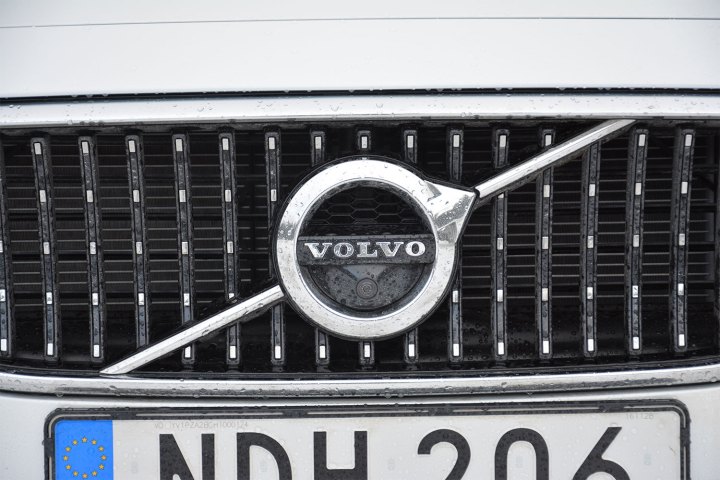
Buyers in the market for a Volvo around the turn of the decade will have three basic powertrain options to choose from. The first is a brand-new, 48-volt mild hybrid system. It captures the kinetic energy generated while braking, stores it in a compact battery pack, and feeds it to a small motor attached to the side of the internal combustion engine. The motor improves gas mileage and reduces harmful emissions, but it can’t power the car on its own for any significant distance.
The midrange option will be a plug-in hybrid called Twin Engine in Volvo-speak. The technology is already offered on bigger Volvo models like the S90 and the XC90, and it will be available on the 2018 XC60 before the end of the year. Currently, plug-in models can drive on electricity alone for about 20 miles. They’ll go further as the technology improves.
Finally, Volvo has pledged to launch no less than five all-electric models between 2019 and 2021. Three of them will join the Volvo lineup, and two of them will be part of Polestar, the brand’s newly established performance division. Henrik Green, Volvo’s vice president of research and development division, told Digital Trends the first pure electric car will be a compact car built on the modular CMA platform. The yet-unnamed model will be made in China and exported to markets all around the globe.
Broadly speaking, automakers are adopting electrification to meet the strict regulations looming in key markets like the United States and China. Volvo explains its decision wasn’t influenced by government regulations. Instead, it’s responding to market demand.
“This is about the customer. People increasingly demand electrified cars and we want to respond to our customers’ current and future needs. You can now pick and choose whichever electrified Volvo you wish,” said company CEO Håkan Samuelsson in a statement.
Volvo has previously stated it aims to sell 1 million electrified cars by 2025. The announcement to electrify its entire portfolio worldwide finally sheds insight into how the company will reach its goal. What will happen to its current, nonelectrified powertrains after 2019 hasn’t been decided yet.
“Existing cars with full [internal combustion] powertrains will be adjusted in the future according to market demands. There is no set timetable for that yet,” a company spokesperson told Digital Trends.



